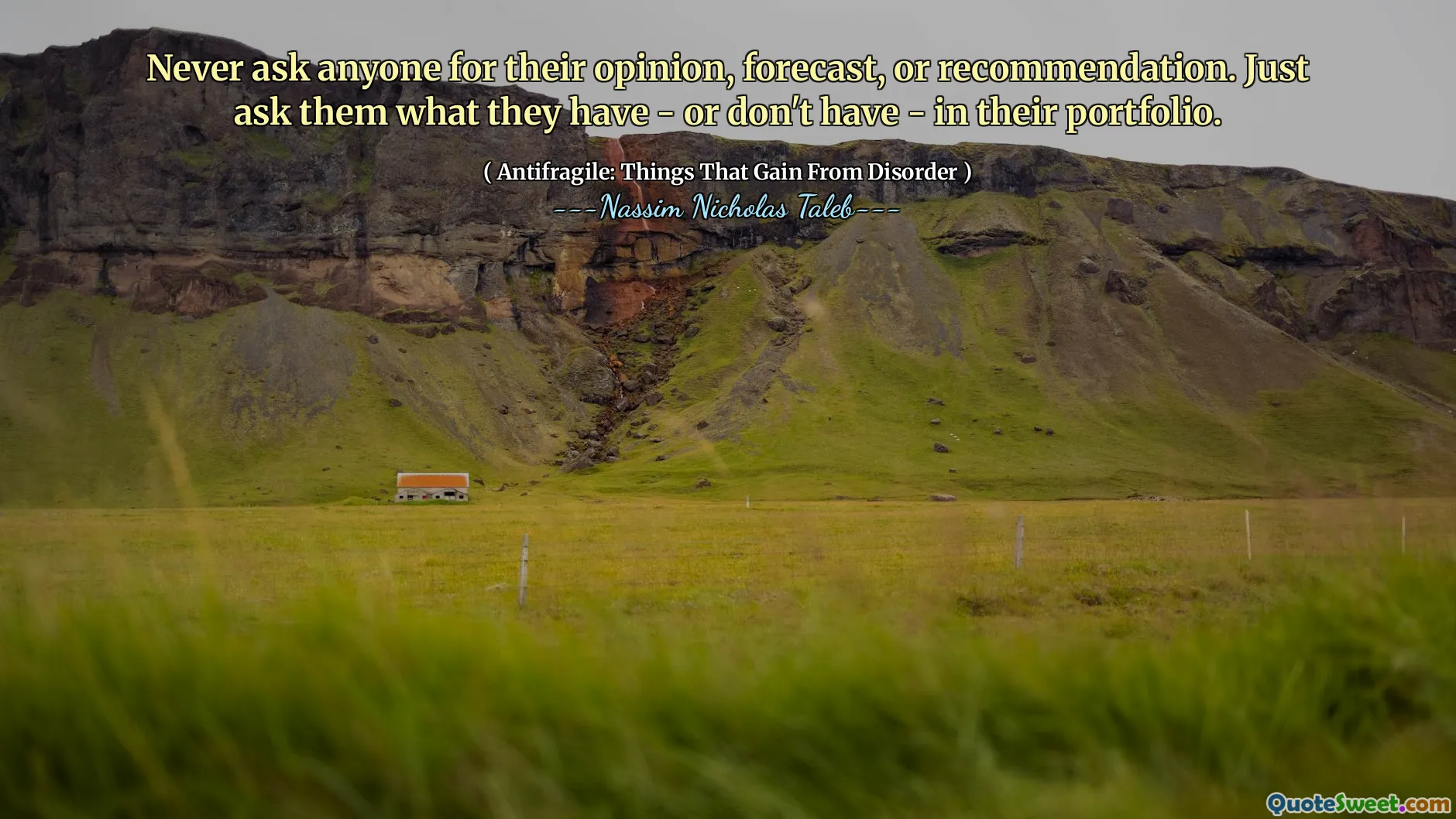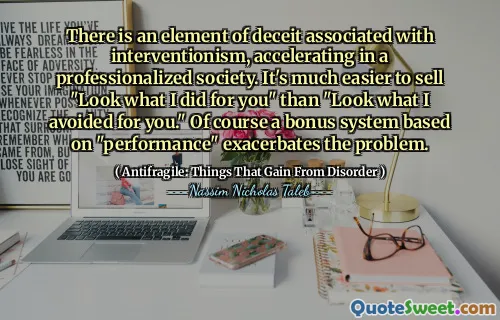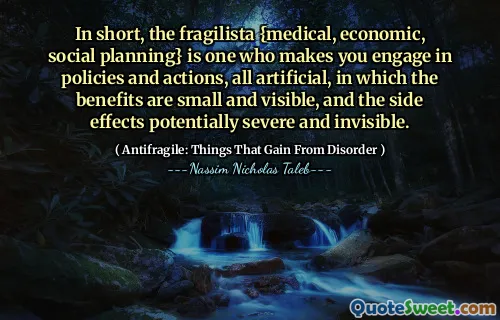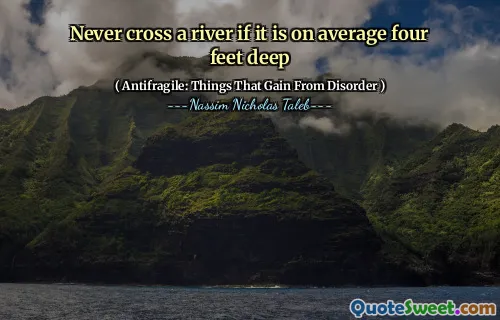
Never ask anyone for their opinion, forecast, or recommendation. Just ask them what they have - or don't have - in their portfolio.
This quote from Nassim Nicholas Taleb's "Antifragile" succinctly captures a critical insight into the value of information and the reliability of expertise. In many cases, opinions, forecasts, and recommendations are often subjective and prone to biases or influenced by external incentives. By focusing instead on what someone has actually invested in or the positions they hold, one gains a pragmatic and transparent insight into where their true convictions lie. This approach can be seen as a litmus test—actions speak louder than words.
It also reflects Taleb's broader philosophy about risk, uncertainty, and decision-making. He often emphasizes the importance of skin in the game, meaning that people who advise or opine without bearing consequences are less trustworthy. Listening to opinions without knowing the stakes often leads to misjudgments, especially in complex and unpredictable domains like finance or geopolitics.
Moreover, the quote hints at the limits of predictive certainty. By inquiring about portfolios (or real commitments), you bypass speculative forecasts and instead observe how individuals allocate their resources in uncertain conditions. This reveals their actual beliefs and their capacity to manage risk, rather than their theoretical understanding.
In practical terms, this mindset fosters a more skeptical and discerning approach to expert advice, promoting decisions grounded in observable realities rather than abstract postulations. It encourages individuals and decision-makers to examine incentives and to filter insights through the lens of tangible commitment, offering a powerful framework for navigating complexity and uncertainty.










